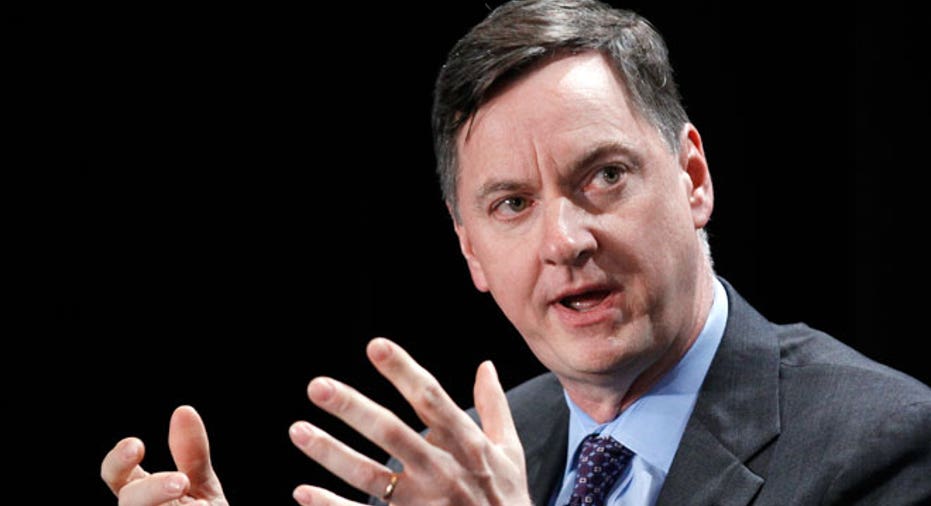Fed's Evans Sees U.S. Growth of 2.5%, Favors 'Wait and See' on Rates

The U.S. economy's fundamentals are solid and growth this year should pick up to around 2.5 percent, but the Federal Reserve's current 'wait and see' approach to monetary policy is appropriate, a Fed policymaker said on Monday.
Charles Evans, president of the Chicago Fed, also said he would welcome a temporary overshoot in inflation to lift consumer price growth up to the Fed's longer-term target of 2 percent and raise overall inflation expectations from current low levels.
"While the fundamentals for U.S. growth continue to be good, uncertainty and risks remain. In my opinion, the continuation of 'wait and see' monetary policy response is appropriate to ensure that economic growth continues," he told a conference in London.
Those risks include weak business investment and the low level of inflation, which has been below the Fed's 2 percent target on a core measure for most of the time since the 2008 financial crisis.
"Overshooting a little bit just to make sure you get to 2 percent strikes me as being quite sensible," he said.
The most recent indications from Fed officials point to two more interest rate hikes this year. Financial markets, however, are barely pricing in one more and that is not expected until December, after the U.S. presidential election.
Primary dealers on Wall Street took a June rate hike off the table after data on Friday showed 160,000 jobs were created last month, far short of expectations and the lowest reading in seven months. Most now see the next move in September
But there's a growing feeling that the labor market, currently in its longest ever run of job creation stretching back to 2010, may be topping out. Wage growth is picking up, but still isn't generating the levels of inflation that would make all policymakers comfortable with raising interest rates.
The economy ground to a virtual standstill in the first quarter.
Asked about the impact that an increasingly divisive political environment in the United States ahead of November's election is having on the economy and policy, Evans said it may have been a reason why monetary policy has been looser than might otherwise have been the case.
"The degree of polarisation between the two political parties has been extremely high and there has been less fiscal policy support than I would have liked. We would have been able to have more normal monetary policy sooner, I believe, if there had been more fiscal support," he said.
Asked about a suggestion last week by the likely Republican nominee, Donald Trump, that he might not repay all the country's debts, Evans said maintaining full faith and confidence in the United States' commitment to service its debts was "unbelievably important".
(Reporting by Jamie McGeever and John Geddie; editing by Gareth Jones)



















